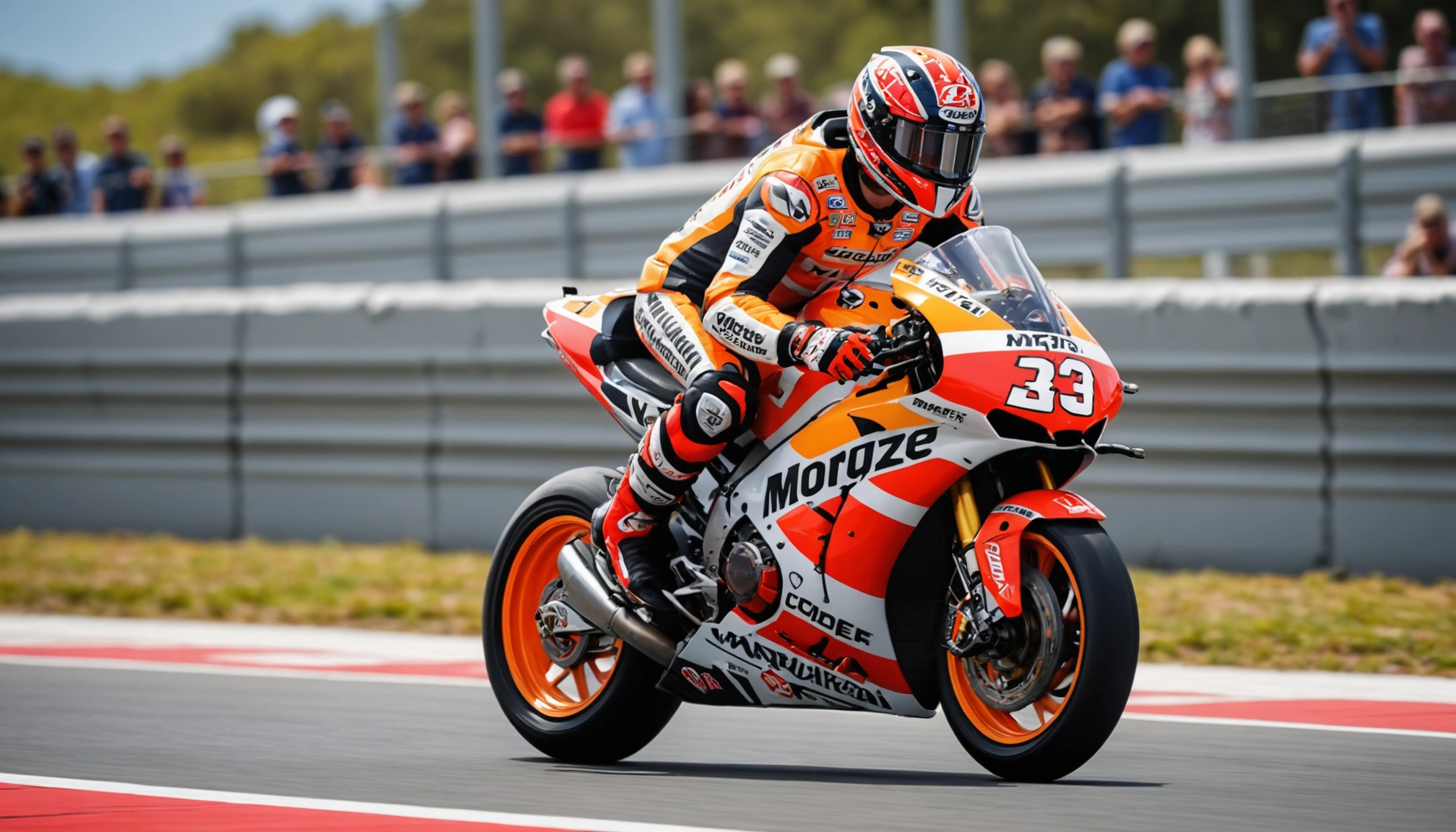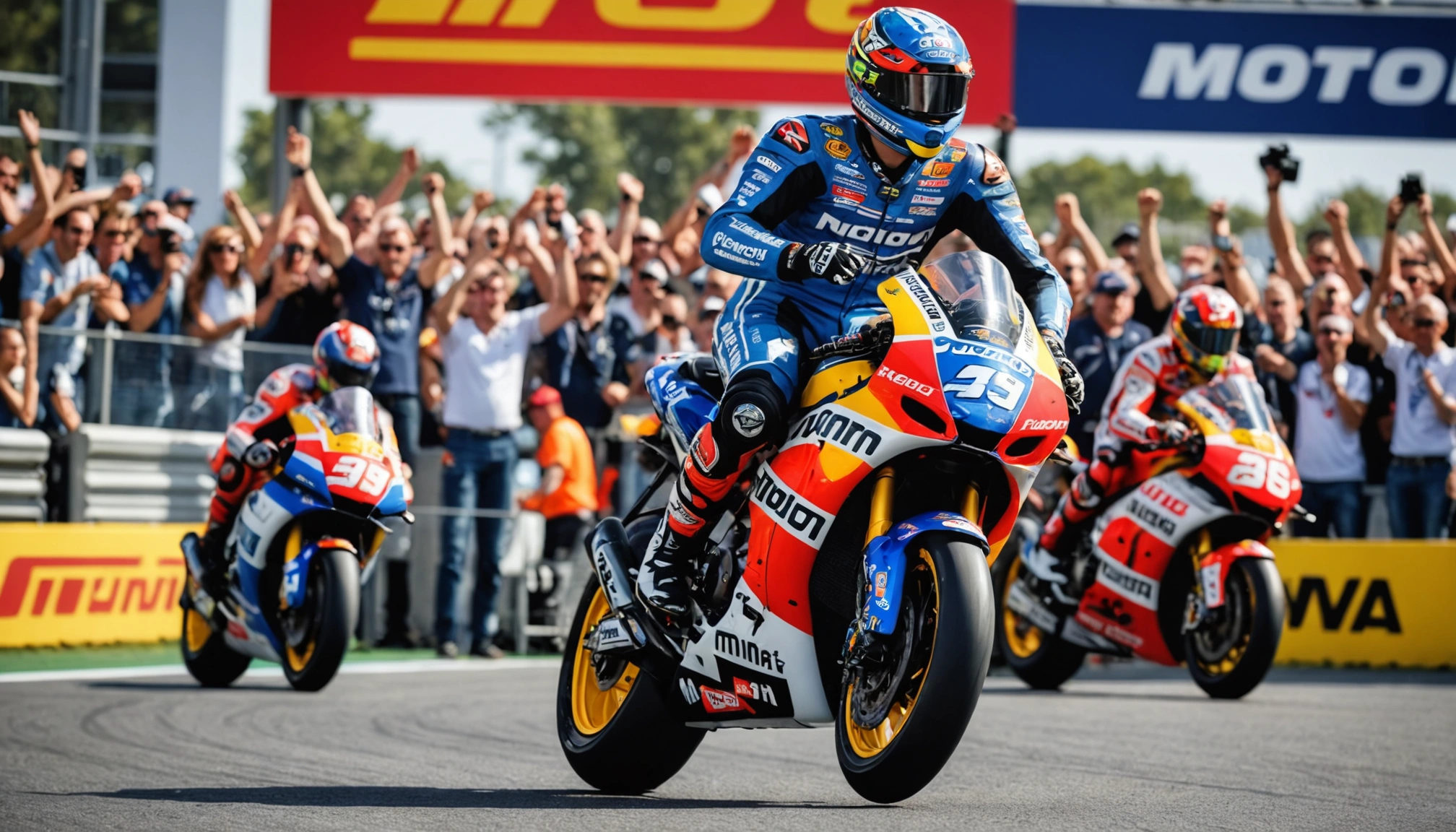UEFA considers major changes to international football format
UEFA explores changes to international breaks and qualifiers to increase excitement and reduce predictability in football competitions.

By Editorial
Introduction to UEFA's international football review
UEFA is currently evaluating significant changes to the structure of international football competitions. This initiative comes amid growing concerns that the current qualification formats for major tournaments like the World Cup and European Championship have become predictable and less engaging for fans and broadcasters alike. A working group has been established to explore options including adjustments to international breaks and a potential shift to a Swiss-style qualification model.
Why is UEFA reconsidering the international breaks?
The international football calendar has traditionally featured five breaks annually: March, June, September, October, and November. However, the 2025/26 season will see a reduction to four breaks, with FIFA merging September and October into a single three-week window. This change allows national teams to play up to four matches in a row rather than just two, aiming to condense the schedule and reduce disruptions to club football.
Arsene Wenger, FIFA's global chief of football development, has previously advocated for even fewer breaks, proposing either a single month-long break in October or two concentrated windows in October and March. This would streamline qualification matches and potentially enhance player welfare and fan engagement.
Potential adoption of the Swiss model for qualifiers
One of the more revolutionary concepts under consideration is adopting the Swiss model for qualification, currently used in UEFA's club competitions such as the Champions League. Unlike the traditional group stage format with fixed groups and home-and-away matches, the Swiss system involves teams playing several opponents of varying strengths within a single league table.
Currently, for the 2026 World Cup qualifiers, 55 European nations are divided into 12 groups. Group winners qualify automatically, while additional places are decided through play-offs. The Swiss model could introduce more unpredictability and excitement by mixing matchups and keeping qualification open longer into the campaign.
The problem of predictability in current qualifiers
One of the key drivers of this overhaul is the growing predictability of qualifiers, especially for established football nations. For example, England has been remarkably dominant, losing only seven qualifiers since 2000 and securing spots in every major tournament this century except for Euro 2008. Such dominance can reduce the stakes and excitement of qualification matches.
England's current qualifying campaign for the 2026 World Cup illustrates this trend: unbeaten with a perfect record, including a recent 3-0 win against Latvia. Their next match could secure automatic qualification. This pattern of predictable outcomes is common among Europe’s top teams, leading to less competitive fixtures and diminished spectator interest.
How this impacts fan engagement and broadcasters
Predictable matches tend to draw lower viewership and less media attention, which concerns UEFA and broadcasters alike. By introducing a new format, UEFA aims to revitalise the international calendar, making every qualifier feel crucial and engaging. This could also help combat the trend of defensive, one-sided games where underdog teams simply aim to limit damage.
Statements from UEFA leadership
UEFA president Aleksander Ceferin has acknowledged the need for change while recognising the challenges involved. Speaking at the Portugal Football Summit, he said, "I don't think the European Championship itself will change but perhaps the qualifiers could be different. There won't be more matches but a more interesting format. We're thinking about that right now."
Ceferin also highlighted the success of the Swiss model in club competitions, noting that uncertainty until the very last matches makes football more thrilling and unpredictable—a quality UEFA wants to replicate in international football.
Next steps and the working group's role
The working group established by UEFA’s National Teams Competitions Committee, chaired by French Football Federation president Philippe Diallo, includes key figures such as FA chief executive Mark Bullingham and Scottish FA chief executive Ian Maxwell. Their task is to analyse different options for restructuring international breaks and qualification formats, balancing competitive integrity with commercial and fan interests.
While no official decisions have been made yet, the fact that UEFA is actively reviewing these systems signals a willingness to innovate in response to evolving football dynamics.
Implications for the football calendar and players
Changes to international breaks could mean fewer interruptions for club football, potentially easing player fatigue and scheduling conflicts. A condensed, more exciting qualification process may also increase the appeal of the international game, potentially attracting new audiences and sponsors.
Additionally, FIFA president Gianni Infantino's recent suggestion to hold World Cup finals in the European winter months could complement these changes, shifting the football calendar significantly and impacting club and international schedules.
Conclusion: A new era for international football?
UEFA’s contemplation of major reforms marks a pivotal moment for international football. Addressing concerns about predictability and fan engagement is crucial for maintaining the sport's global appeal. Whether through fewer international breaks, adopting the Swiss qualification model, or other innovations, UEFA aims to make international football more competitive, exciting, and sustainable.
Fans and stakeholders can expect further announcements as the working group continues its review. This process will shape how Europe’s finest teams compete for places on the world stage in future tournaments.
For fans eager to stay updated on football developments and other major sports events, Sports Scoop offers comprehensive coverage—from the Ryder Cup 2024 latest updates and key insights to the Jofra Archer’s remarkable comeback and England’s record win. Stay informed with expert analysis and breaking news.
Related topics
Editorial
Sports expert at SportsScoop
Specialist in sports analysis and journalism
Related articles
Want to read more?
Explore our comprehensive collection of sports articles and analysis, or contact us for more information.



